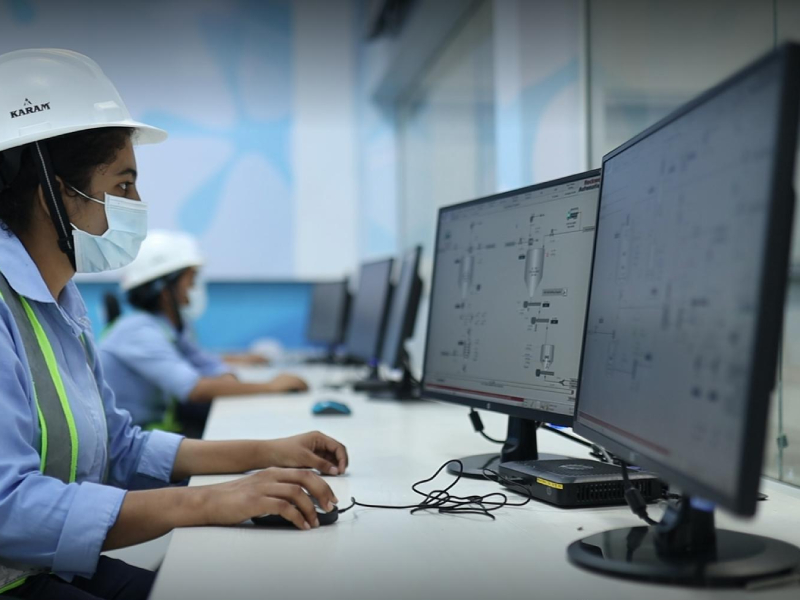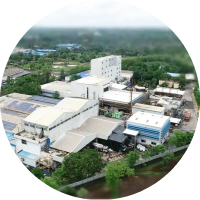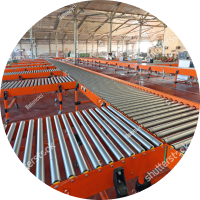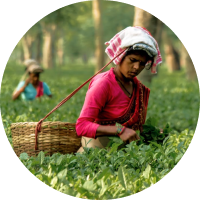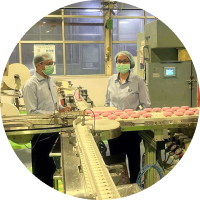We are investing in capabilities and deploying the most advanced technologies with a vision to make our supply chain ‘deliver growth today and transform for tomorrow’.
An extensive supply chain network

Creating a future-fit
supply chain
As we continue to navigate the challenging external environment marked by global supply chain disruptions and geopolitical conflict, we are rewiring our supply chain to remain future-fit, agile, resilient and sharply focused on sustainability.
Our focus remains on driving Superior Availability, Superior Value, Superior Product, and Superior Care for people and planet while ensuring safe operations.
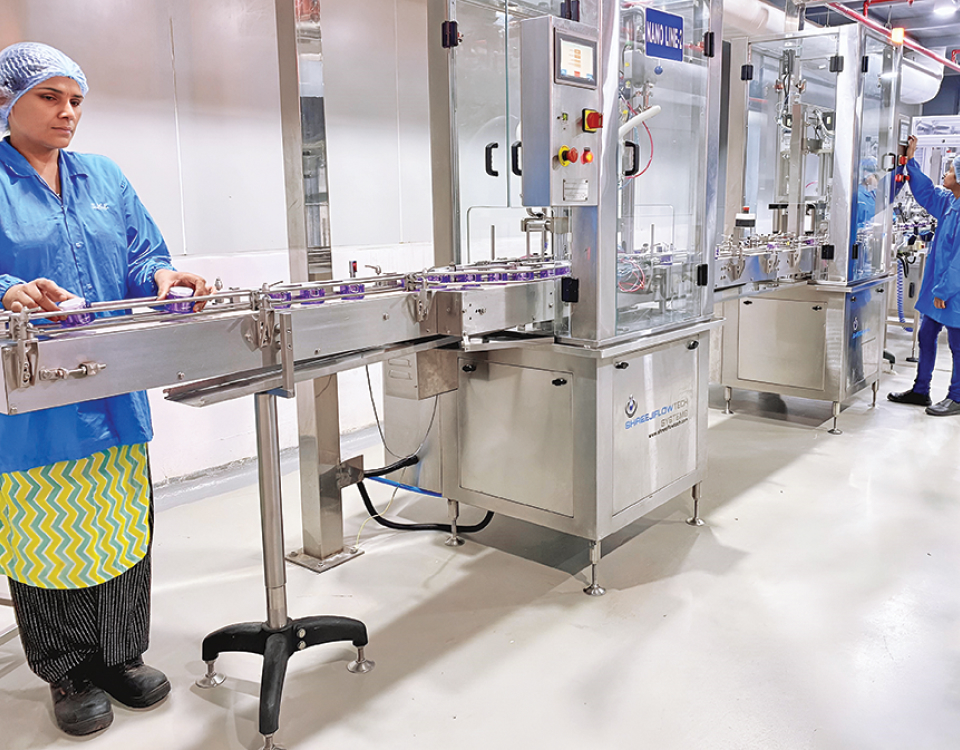
Superior availability
We continue to strengthen our resilience programme with our suppliers to ensure business continuity and respond faster to rapidly changing consumer needs. While creating strong resilience for high-risk materials, we are also localising sourcing of many of our raw material and packaging materials. On manufacturing side, we have further increased our production frequency for a quicker response to the changing market demand.
In order to cater to the need for niche premium products, we have setup seven Nano factories—these are fully functioning, mini production lines that house everything we need to produce a batch of final products.
These nano factories enable us to manufacture niche products in a much more agile manner without impacting our cost efficiency. With our latest demand planning and forecasting tools, we now operate in a dynamic manner, significantly shortening planning cycles to respond real time to market demand fluctuations.
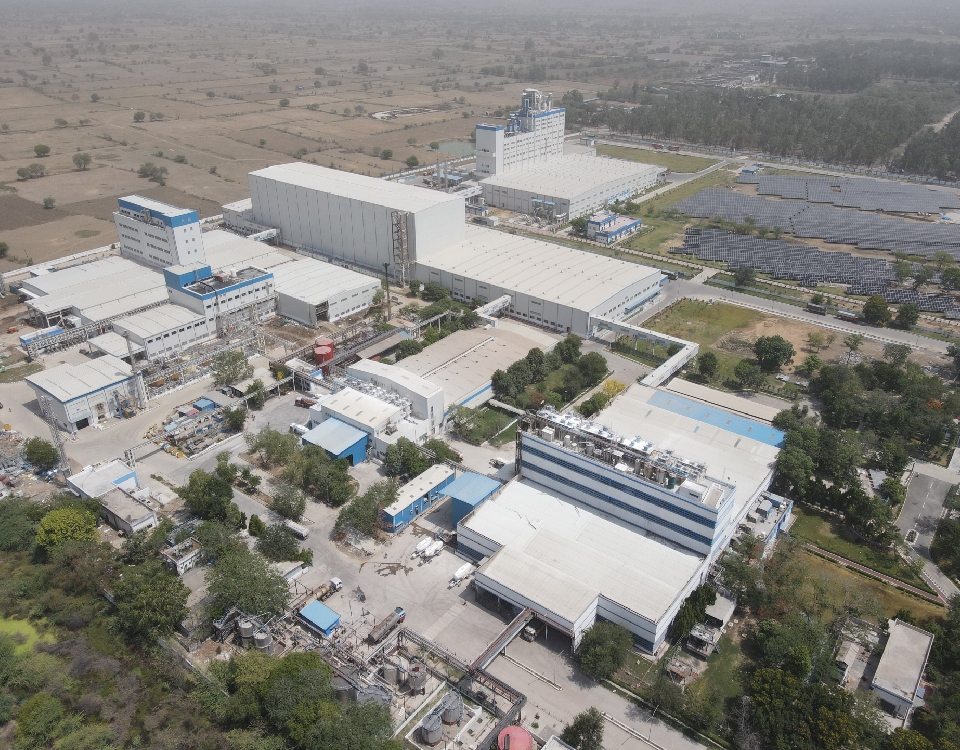
Superior value
In this fiscal, the FMCG industry witnessed unprecedented and widespread inflation, with prices of many commodities hitting their decadal highs all around the same time. During this time, we leveraged our scale and expertise to secure availability while driving cost competitiveness.
Our supply chain transformation project Nakshatra continues to make focused interventions that help us to create a more customer-focused, future-fit manufacturing and distribution network.
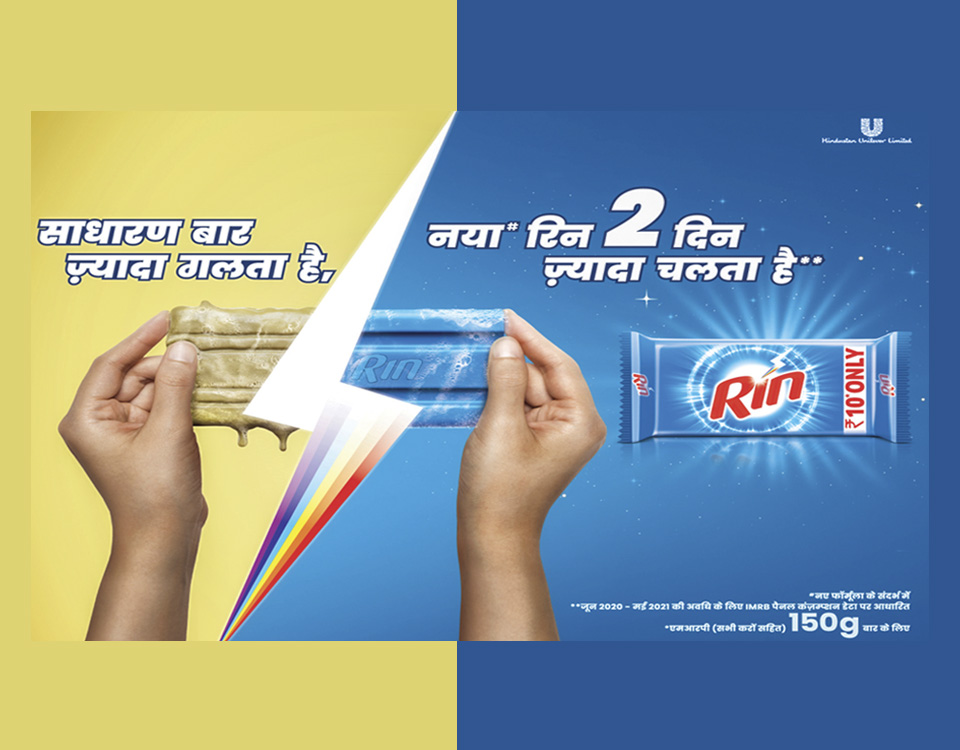
Superior product
We invest significantly behind all our brands by using the best of science and technology to drive product superiority and are getting a good response from our consumers. Our blind tests indicate that we have 2X more superior products compared to three years back. Our Holistic Quality Strategy helps us remain best-in-class on quality indicators and drive robust processes across all manufacturing operations.

Superior care for people
and the planet
In 2021, we announced our renewed goals towards improving the health of our planet covering Plastics, CO2 emissions, Water and Nature. As we move ahead on our sustainability journey, we are also committed to promoting equity, diversity, and inclusion in our supply chain through initiatives that encourage women’s participation on the shop floor and by increasingly working towards procuring goods and services from businesses that underrepresented groups own.
know more about our work on environmental and social aspectsPartnering with purpose
Our supply partners are key to us achieving our ambitious goals on protecting nature, reducing carbon emissions, improving diversity and inclusion while staying competitive.
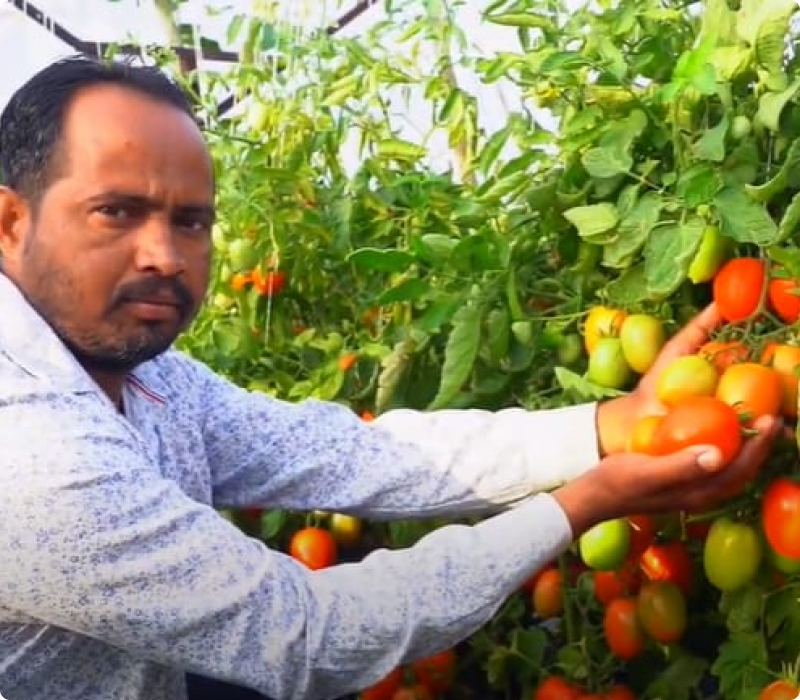
Partner with Purpose Program
Through our Partner with Purpose programme, we are working with thousands of enterprises on a path of mutual growth while doing good for people and planet. For instance, we have partnered with ‘Tuticorin Alkali Chemicals and Fertilisers Limited’ to source Soda Ash using carbon capture technology.
In case of agricultural products like Tea, Coffee, Tomatoes, Dairy, and Cereals, we are working with thousands of farmers in improving yields, introducing regenerative agriculture practices and improving transparency, that not only would help us in creating capacity for future growth but also have a positive social impact on the farmers. We are also improving our supplier diversity by inviting more women-led and diverse businesses to work with HUL.

Responsible Partner Policy (RPP)
Our Responsible Partner Policy (RPP) and its Fundamental Principles embody our commitment to responsible, transparent, and sustainable business. Launched at end of 2022, the RPP replaces both our 2017 Responsible Sourcing Policy (RSP) and our 2017 Responsible Business Partner Policy (RBPP).
It is designed to build more resilient businesses by moving beyond a compliance model to a continuous improvement process. We verify alignment to and achievement of our RPP’s Mandatory Requirements and Mandatory Management Systems through the use of self-declaration, due diligence scanning, online assessments, and independent verification by third party audits in high-risk sites. For suppliers of key agricultural materials, our requirements are defined in Unilever’s Sustainable Agriculture Code (SAC) and accompanying Rules. We are fully compliant with minimum wage across our network. As a part of RPP, we are working with our partners to progressively transition towards living wages by 2030.
Digital transformation
Rapid digital transformation in the consumer and customer landscape requires our supply chains to be at the forefront to be able to serve their changing needs. Our supply chain is moving forward on a holistic digitisation journey across plan, source, make, and deliver leveraging the power of data, technology, and analytics.
Our digital planning strategy aims to provide predictability, enable optimisation, and drive agility of our planning decisions in the face of emerging demand fluctuations. In sourcing, we are using digitisation to enable right price discovery, competition analytics for value unlocks, better traceability, and compliance tracking. We are also deploying end-to-end digitisation in our factories and warehouse facilities.
